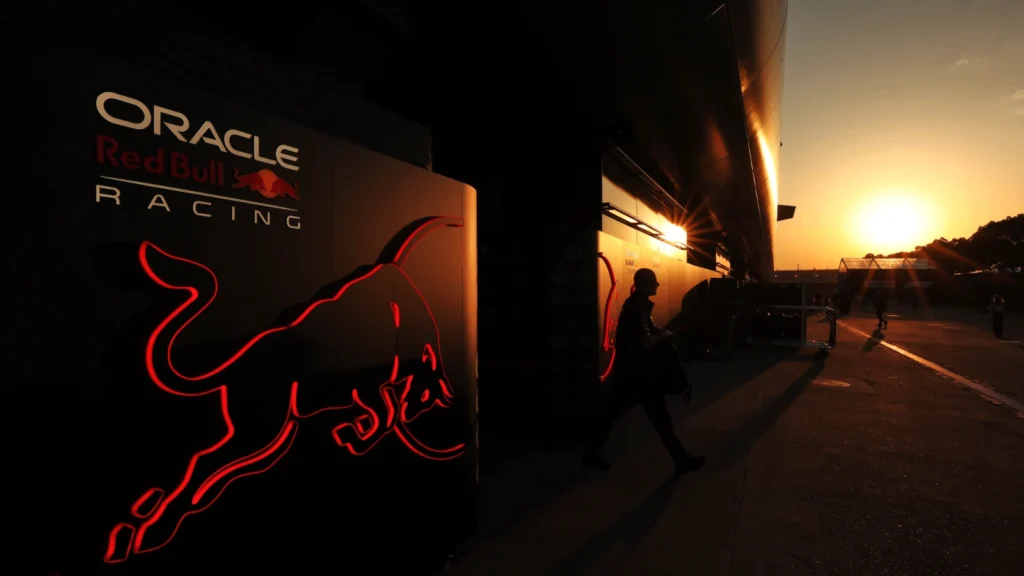Ford is intensifying its involvement in Red Bull Racing’s 2026 Formula 1 powertrain project, as the partnership between the two brands continues to flourish. Ford Performance’s Global Director, Mark Rushbrook, has lauded the collaboration, describing it as “excellent” and steadily improving since its inception. With the Red Bull Powertrains program nearing its takeover from Honda, Ford is already embedded in key engineering aspects as they prepare for the sweeping regulation changes coming in 2026.
Rushbrook emphasized that Ford’s contributions span both the internal combustion engine and the electrical systems, keeping in line with the project’s projected timeline. The alliance has been marked by a spirit of transparency and mutual trust, with both sides sharing technical duties and resources. Rushbrook expressed that the cooperative dynamic has exceeded initial expectations, fostering a robust development environment. Their daily use of advanced technologies, including 3D printing, has allowed for rapid prototyping and iterative testing, ensuring efficient collaboration between Ford’s Dearborn facility and Red Bull’s base in Milton Keynes.
The scale of Ford’s investment is becoming more apparent as the company assumes greater responsibility within the project. Although the American manufacturer has limited recent experience with hybrid F1 engines, Rushbrook believes the team’s high-performance culture and motorsport pedigree help bridge the knowledge gap. He noted that despite many newcomers being involved, the work ethic and racing instincts within the group are pushing the boundaries of innovation and execution. This synergy is accelerating their learning curve as they navigate the complex requirements of the new engine era.
Ford’s approach isn’t without its hurdles. Rushbrook acknowledged that not every benchmark is met perfectly, yet the project is progressing well against power and reliability targets. Setbacks are being treated as learning opportunities, prompting adaptive strategies and reinforcing resilience within both teams. He underscored that the success of such a venture is less about avoiding problems and more about how swiftly and effectively teams respond to them—a mindset that Ford and Red Bull are embracing wholeheartedly.
Despite its relatively fresh footing in F1’s hybrid powertrain landscape, Ford is positioning itself as a formidable technical partner. The venture not only highlights the automaker’s ambitions but also signals a new era for Red Bull, moving toward greater autonomy in engine development. With engineering milestones being hit and a dynamic spirit of cooperation underpinning the venture, Red Bull Ford Powertrains appears well-poised to compete at the sharp end of Formula 1 when the 2026 season dawns.
